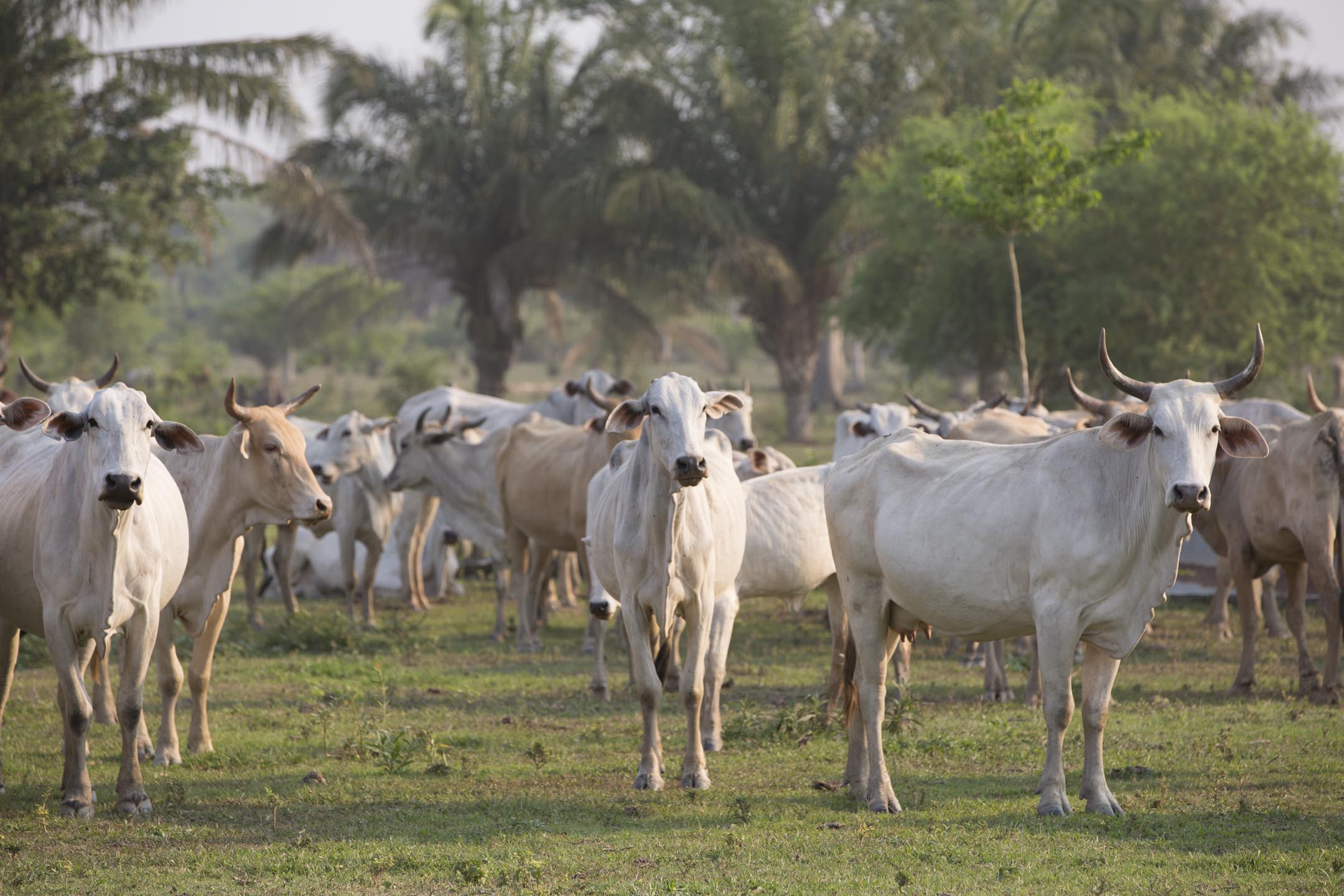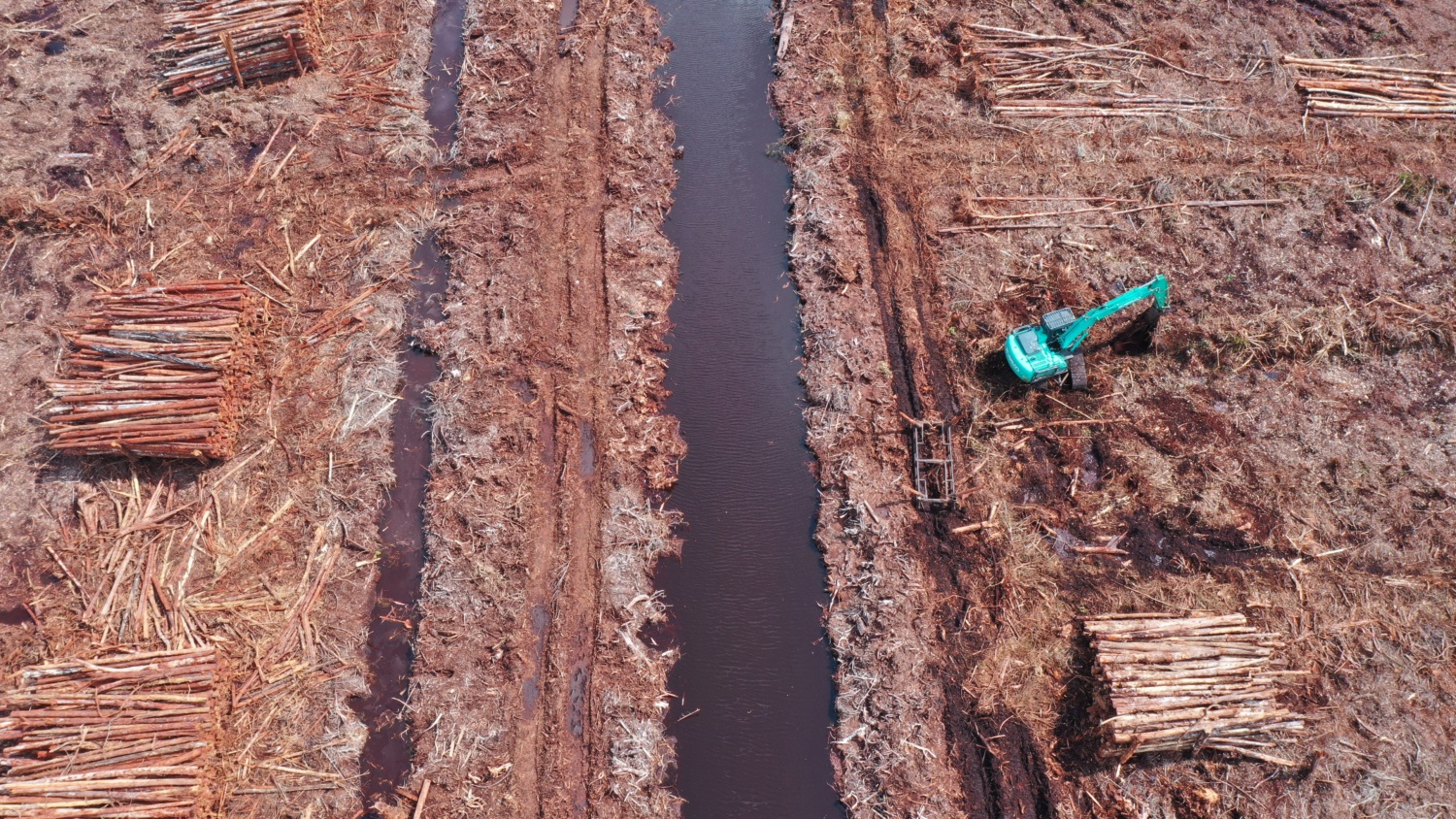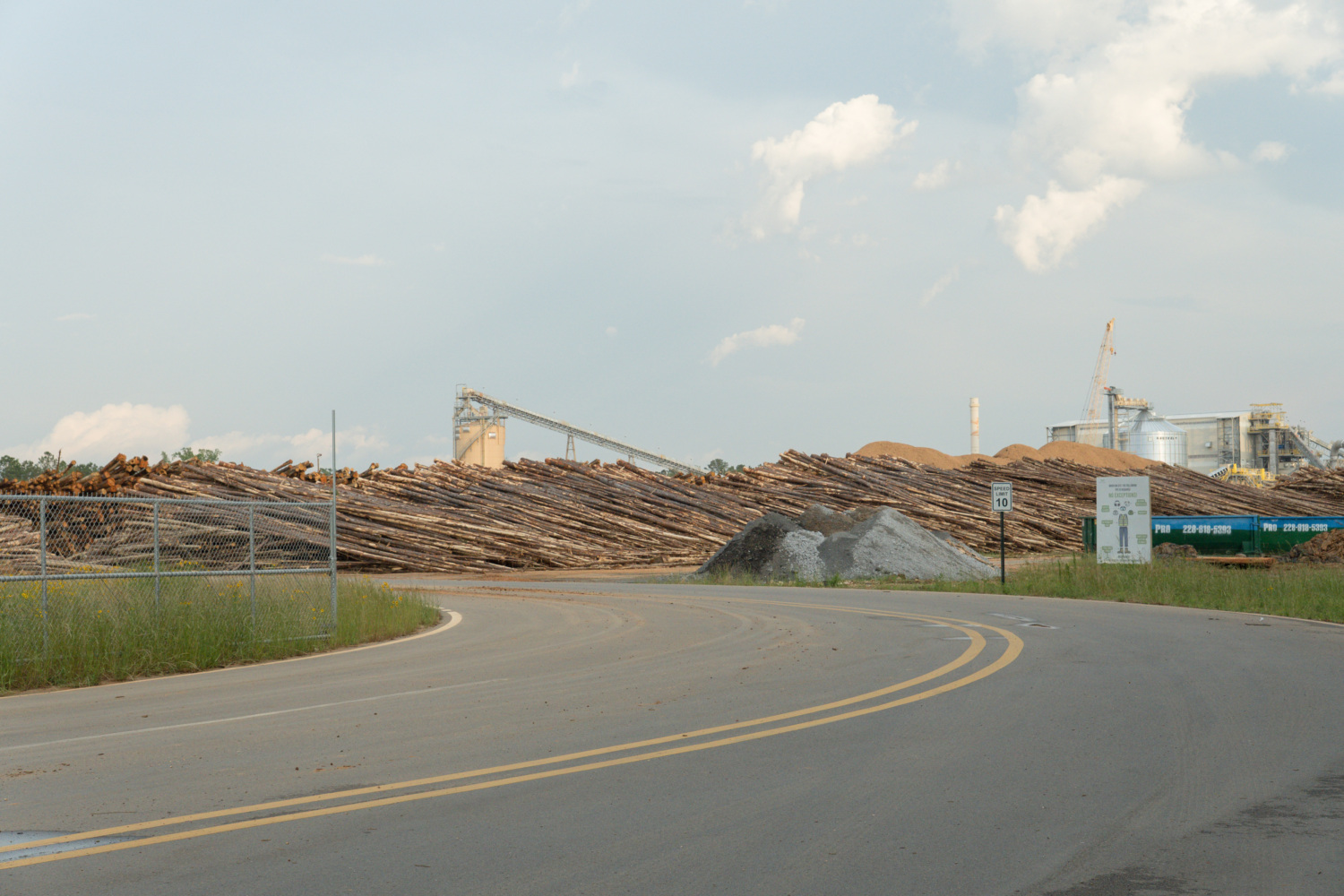
Indigenous Organizations and NGOs Warn Top French Supermarket Casino: Stop Gambling With Our forests!

Indigenous Organizations and NGOs Warn Top French Supermarket Casino: Stop Gambling With Our forests!
Cease and desist letter French, Spanish, Portuguese
An international coalition of associations (Canopée, CPT, Envol Vert, Mighty Earth, Notre Affaire à Tous, and Sherpa) and representative Indigenous organisations from Colombia and Brazil (OPIAC, COIAB, FEPIPA and FEPOIMT) is calling on the Casino Group to take all necessary measures to exclude beef from deforestation and grabbing of Indigenous territories in its supply chains in Brazil, Colombia, and beyond. They also reserve the right to seek compensation for any resulting damages.
Casino/Pão de Açúcar/Grupo Éxito is one of the largest and most influential supermarket groups in France, as well as Brazil and Colombia – with massive purchases of meat worldwide, including in Brazil.
Cattle ranching is the main source of deforestation in the Amazon.
According to data from the INPE (Brazilian National Institute for Space Research), deforestation reached more 9,216 km2 in the Brazilian Amazon from August 2019 to July 2020, which is the key benchmark to observe the evolution of deforestation. This is 34.5% more than the previous period.
Cattle ranching is the main driver of this forest loss. Investigations carried out for nearly 10 years have repeatedly revealed the clear responsibility of beef slaughterhouses and distributors. Not only do they regularly source beef from recently deforested areas, but they turn a blind eye to suppliers’ “cattle laundering” practices that are aimed at circumventing Brazilian laws. These dodgy practices allow operations responsible for environmental crimes to sell their cattle ties to deforestation with impunity.
Meat from deforestation in Casino supermarkets in Brazil
The Casino Group is the top supermarket in Brazil through its subsidiary “Grupo Pão de Açúcar”. It represents 15% of the market share in Brazil, and Casino’s latin american operations account for nearly half of the group’s worldwide revenues (47%).
In June 2020, the NGO “Envol Vert” published a damning investigation highlighting evidence of recent deforestation and land grabbing practices carried out using samples of meat products sold in several Casino Group supermarkets in Brazil.
According to Boris Patentreger, founder of the association Envol Vert, “these investigations prove the links between farms involved in illegal deforestation and products sold in Casino supermarkets. These farms alone represent 4497 hectares of deforestation.”
Is Casino in violation of the French law on duty of vigilance?
Since 2017, the Casino Group has been subject to a new French law on the duty of vigilance, which requires it to take appropriate measures to prevent serious human rights violations, environmental harms, and health and safety harms to persons resulting from its operations, activities, and/or those of its subsidiaries, suppliers and subcontractors. While the Casino Group explicitly recognizes that the beef supply chain in Brazil is exposed to extremely serious risks, its policy in this area is clearly flawed.
According to Sandra Cossart, Executive Director of Sherpa, “the mere fact that Casino declares in its vigilance plan that 100% of its suppliers have adhered to its policy on deforestation, while these same suppliers are regularly condemned for their involvement in the deforestation, shows that this policy is either inadequate, or not implemented, or both. ”
Etelle Higonnet, Senior Campaign Director at Mighty Earth, added “Casino is buying beef from suppliers like JBS, which is one of the worst forest-destroying companies on the planet – and the biggest meat company worldwide. JBS has become notorious for corruption through the Car Wash scandal and its demonstrated track record of involvement in modern slavery, deforestation, Amazon fires, and Indigenous land grabbing. However, thanks to the new French law, Casino must finally take real responsibility for JBS and all its other meat suppliers driving deforestation or rights abuses. Indeed, all French supermarkets are now on notice: we’re serious about holding them accountable for respecting the law.”
For Célia Jouayed, of the Notre Affaire à Tous association, “we need large corporations like Casino to fully implement the law on the duty of vigilance, which requires them to take concrete measures to prevent risks to human rights, the environment, and health – not just to identify risks on paper.”
For lawyers Sébastien Mabile and François de Cambiaire of the ‘Seattle’ law firm, which is advising the civil society groups in this case, “this is a historic action against the Casino group, based on a pioneering law which will allow a French judge to prescribe necessary measures to halt Amazon destruction by French companies and repair damages suffered ”.
The associations OPIAC, COIAB, FEPIPA, FEPOIMT, CPT, Canopée, Envol Vert, Mighty Earth, Notre Affaire à Tous, and Sherpa formally ask the Casino Group to respect its legal obligations by taking all necessary measures to exclude all beef resulting from deforestation from its supply chain. If the company does not comply within the 3 months provided for by French law, the associations intend to refer the matter to the competent court.Envol Vert acts for the preservation of forests and biodiversity in Latin America (mainly Colombia and Peru) and in France. Since 2011, we have been developing concrete and effective field projects that include the reforestation of degraded areas, the development of agroforestry and alternatives to illegal logging such as ecotourism, the development of nature reserves, conservation or conservation, and reintroduction of species. Envol Vert also conducts communication campaigns and awareness-raising actions to encourage businesses and citizens to change their production and consumption patterns.
Mighty Earth is a global environmental campaign organization that works to protect forests, conserve oceans, and address climate change. We work to drive large-scale action towards environmentally responsible agriculture that protects native ecosystems, wildlife, and water, and respects local community rights. We focus on conserving threatened landscapes like tropical rainforests, protecting oceans, and solving climate change. Our campaigns and our team have played a leading role in persuading the world’s largest food and agriculture companies to adopt policies to eliminate deforestation and human rights abuse from their supply chains, and driven adoption of multi-billion dollar shifts to clean energy.
Notre Affaire à Tous is an association that works to protect life, the natural commons and the climate through the use of law. Coming from the movement for the recognition of the crime of ecocide in international law in order to punish the most serious crimes against the environment and at the origin of the “Affair of the Century,” the members of Notre Affaire à Tous position themselves as “advocates fpr the planet”, seeking to establish through case law, legal advocacy, and citizen mobilization an effective and objective responsibility of humans towards the environment.
Seattle Avocats is a law firm specializing in issues of corporate liability for environmental and human rights violations. Mr. Sébastien Mabile and Mr. François de Cambiaire represent NGOs and communities within the framework of the first actions brought on the basis of the law on the duty of vigilance of companies, in particular against Total and against the transport group XPO Logistics, and are interested in particular to the debates underway at international and European level on the social and criminal responsibility of multinationals. With regard to particularly serious damage to the environment having equally serious consequences on the rights of Indigenous populations, the Seattle Avocats law firm provides its support and expertise to the international coalition of associations which call on the Casino group to stand by. comply with the law on the duty of vigilance.
Sherpa is an association created in 2001 whose mission is to fight new forms of impunity linked to globalization and to defend communities that are victims of economic crimes. Sherpa works to put the law at the service of a fairer globalization. The action of the association is based on four interdependent tools: research, litigation, advocacy and capacity building. These actions are carried out by a team of jurists and lawyers. Sherpa’s activities have helped compensate communities affected by economic crimes, and have contributed to historic court rulings against multinational companies and groundbreaking legislative policies.
OPIAC (Organización Nacional de los Pueblos Indígenas de la Amazonia Colombiana) is the Colombian Indigenous organization the Indigenous Peoples of the Colombian Amazon before national and international institutions. Its main objective is to ensure that all the collective and individual rights of its members are respected and recognized by all actors located in the Colombian Amazon region.
COIAB (Coordination of Indigenous Organizations of the Brazilian Amazon) founded on April 19, 1989, is the largest regional indigenous organization in Brazil, which emerged on the initiative of leaders of indigenous organizations. The mission of COIAB is to defend the rights of indigenous peoples to land, health, education, culture and sustainability, taking into account the diversity of peoples and seeking their autonomy through political articulation and the strengthening of indigenous organizations.
FEPIPA (Federation of Indigenous Peoples of Pará) founded in April 2016, is an indigenous organization, created to promote the social, political, economic and cultural well-being and human rights of indigenous peoples. It aims to defend and discuss the collective interests of the indigenous peoples and communities of the State of Pará, promoting their social, cultural, economic and political organization, strengthening their autonomy.
FEPOIMT (Federation of Indigenous Peoples of Mato Grosso) created in June 2016 was born from the need to unite for political action and articulation, aimed at the social, cultural, economic organisation and the sustainable and political development of Indigenous Peoples and organisations of Mato Grosso. Its main challenges are the guarantee and regularization of land, environmental management, protection of the territory and the fight for Indigenous rights.
CPT (Pastoral Commission of the Earth) is part of the Pastoral Commissions of the Conference of Bishops of Brazil. It was created to defend the peasants and ensure a supportive and fraternal presence among the rural populations. Present in many dioceses, it is committed to the crucial issue of sharing the land and against the destruction of the environment.


